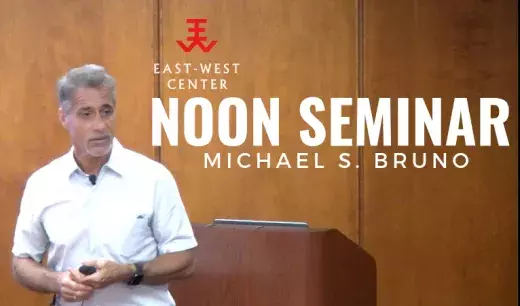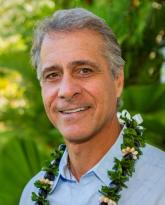Error message

The earth has become increasingly urban in character, with the number of megacities (population greater than 10 million) quadrupling to nearly 40 over the past 30 years. A majority of these cities are located on the coastal ocean, meaning that a growing share of the world’s population is not only benefiting from the climate and resources of the coastal ocean but also contributing to the myriad environmental stressors to this vital ecosystem. This also means that a growing share of the world’s population lives in harm’s way due to the risks associated with coastal storms and flooding, and in some areas, tsunamis. These risks have been significantly magnified by climate change, which has produced a gradual—and perhaps accelerating—rise in sea level, thereby increasing the vulnerability of coastal urban areas to catastrophic flooding and inundation. This presentation will discuss the implications of human activity on the coastal ocean and the risks associated with living near a rapidly changing ocean, including climate change. Dr. Bruno will also discuss the prospects for reducing the vulnerability of urban coastal communities via science-informed public policy and urban design.
Video of Michael Bruno's presentation on 3/5/19 at East-West Center:

The earth has become increasingly urban in character, with the number of megacities (population greater than 10 million) quadrupling to nearly 40 over the past 30 years. A majority of these cities are located on the coastal ocean, meaning that a growing share of the world’s population is not only benefiting from the climate and resources of the coastal ocean but also contributing to the myriad environmental stressors to this vital ecosystem. This also means that a growing share of the world’s population lives in harm’s way due to the risks associated with coastal storms and flooding, and in some areas, tsunamis. These risks have been significantly magnified by climate change, which has produced a gradual—and perhaps accelerating—rise in sea level, thereby increasing the vulnerability of coastal urban areas to catastrophic flooding and inundation. This presentation will discuss the implications of human activity on the coastal ocean and the risks associated with living near a rapidly changing ocean, including climate change. Dr. Bruno will also discuss the prospects for reducing the vulnerability of urban coastal communities via science-informed public policy and urban design.
Video of Michael Bruno's presentation on 3/5/19 at East-West Center:







